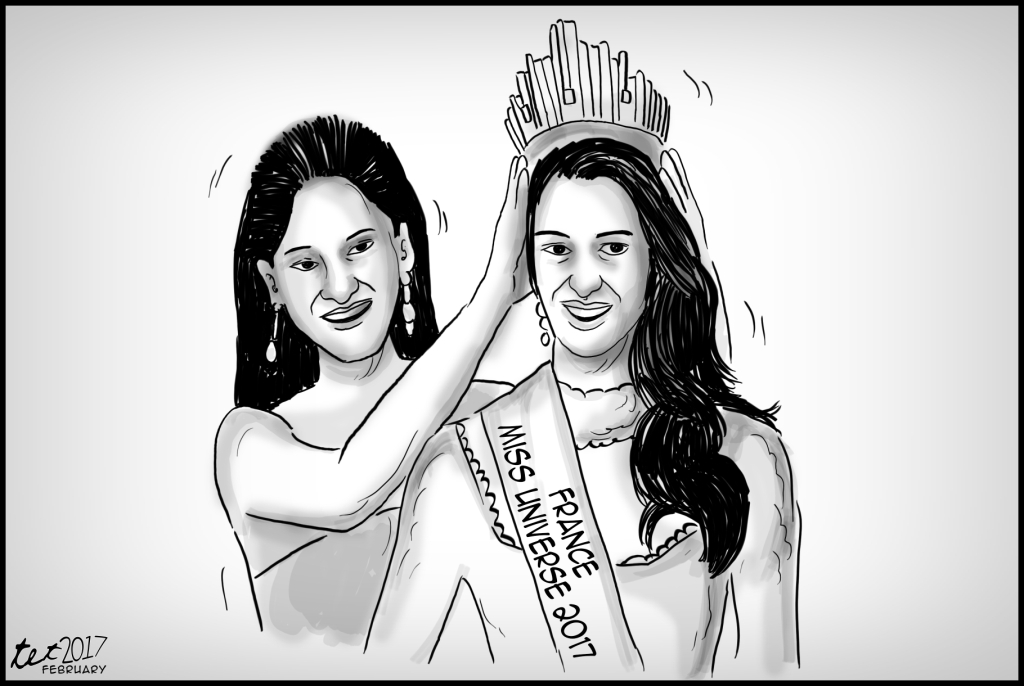
[av_one_full first min_height=” vertical_alignment=” space=” custom_margin=” margin=’0px’ padding=’0px’ border=” border_color=” radius=’0px’ background_color=” src=” background_position=’top left’ background_repeat=’no-repeat’ animation=”]
[av_heading heading=’Stay the course’ tag=’h3′ style=’blockquote modern-quote’ size=” subheading_active=’subheading_below’ subheading_size=’15’ padding=’10’ color=” custom_font=”][/av_heading]
[av_textblock size=” font_color=’custom’ color=’#0a0a0a’]
Thursday, February 2, 2017
[/av_textblock]
[av_textblock size=” font_color=’custom’ color=’#0a0a0a’]
IT IS regrettable that the Communist Party of the Philippines – New People’s Army (CPP-NPA) has lifted its unilateral ceasefire with the government. This cancellation came just after some progress were made in the third round of peace talks in Rome where negotiating panels from both sides agreed to further discuss a bilateral ceasefire in The Netherlands sometime by the end of this month.
But should the lifting of the truce mean a stop to the negotiations on the substantive agenda of the peace process? We hope not. Both the government and rebels should instead push to further expedite the talks to finally address the roots of the armed conflict.
Months before the lifting of the unilateral ceasefire, we have heard numerous reports from Mindanao and Luzon of continuing military operations targeting Lumads and farmers resulting in the displacements, killings of peasant and indigenous people’s leaders and activists and other human rights violations. The NPA has accused the Armed Forces and its paramilitary groups of sowing violence in hinterland areas in the guise of peace and development missions. But the military is also accusing the rebels of staging a series of attacks and harassments in some areas of the country.
It is hoped that the decision of the CPP-NPA to terminate its interim ceasefire won’t lead to the escalation of hostilities that can jeopardize the outcome of the ongoing peace talks. An outbreak of violence between the two sides can lead to the actual termination of the peace process itself.
Yes, so much is at stake in the peace talks. How the Duterte administration will react to CPP-NPA’s move is being watched. The government also has a unilateral ceasefire with the Reds. It is such a relief that quickly, Office of Presidential Adviser on the Peace Process secretary Jesus Dureza advised the President not to lift its unilateral ceasefire with the communists. The aim is to sustain peace in the communities where our people desire to live in peace. And this should give the two sides more impetus and encouragement to forge a sustainable ceasefire agreement.
Yes, the road to peace is not easy to traverse. What is important is that we all stay the course.
[/av_textblock]
[/av_one_full]



